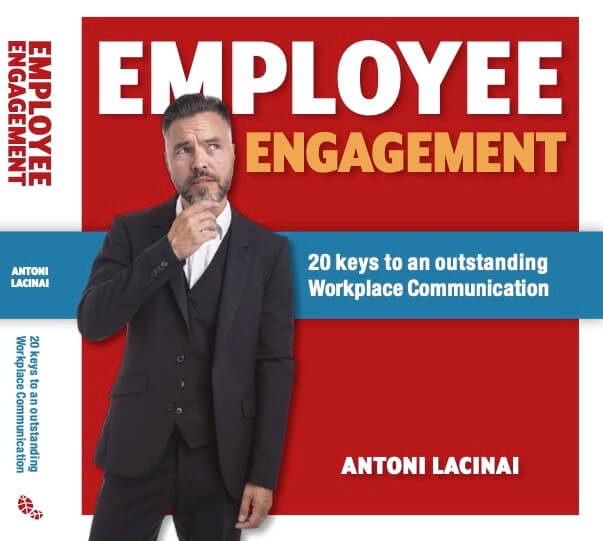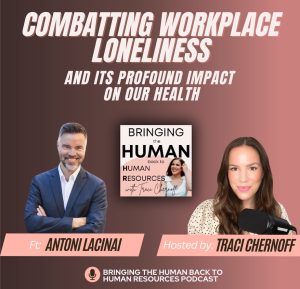By Antoni
Have you heard about the term Workplace shaming?
Bullying, ridicules, trashtalking, gossiping. Making people feel small… Why would anyone accept that in the workplace? Yet, some people do.
I read about a UK study saying that 25% of people being bullied will look for a new job. And 20% of people witnessing this will also look for a new employment. The cost of this is steep. Not to mention mental health.
One of the worst examples of this was when a CEO in France wanted to bully 22,000 employees out of the company, claiming that they must leave either through the door or through the window. 19 employees chose the window…
Be nice. It is more fun and more productive. Period.
Team Antoni Explains
Hey there, readers! Have you ever come across the term “Workplace shaming”? It might sound like something from a distant world, but unfortunately, it’s a reality that many people face. Imagine dealing with bullying, ridicules, trash-talking, and gossiping in your workplace. It’s like making people feel small for no reason. You might wonder, why on earth would anyone tolerate such behavior at work? Let’s dive into this topic and understand more about workplace shaming.
The Alarming Reality of Workplace Shaming
Work should be a place of collaboration, growth, and positivity. However, some workplaces are tainted by a toxic practice known as workplace shaming. Picture this: you’re at your job, and you’re being treated poorly by your colleagues or superiors. They’re engaging in behaviors like bullying, ridiculing, and spreading hurtful gossip. It’s disheartening to know that some individuals actually endure this.
A recent study conducted in the UK revealed shocking statistics. Believe it or not, 25% of people who experience bullying at work end up searching for a new job. But it doesn’t end there – even those who witness this mistreatment aren’t unaffected. Around 20% of people who see their colleagues being shamed also start looking for a new job. This not only takes a toll on the affected individuals but also comes at a cost for the organization. Mental health, too, takes a hit in such toxic environments.
A Startling Example: Workplace Shaming at a Grand Scale
Sometimes, instances of workplace shaming reach unimaginable levels. Consider the case of a CEO in France who aimed to intimidate a whopping 22,000 employees into leaving the company. This CEO shockingly claimed that these employees should exit either through the door or, shockingly, through the window. The outcome was astonishing – 19 employees actually chose the window as their way out. It’s disheartening to see such a blatant lack of empathy and respect in a position of power.
The Power of Kindness and Productivity
In the midst of all this negativity, there’s a simple yet powerful message – be kind. It’s not only about respecting others, but it also contributes to a more enjoyable and productive work environment. Remember, fostering positive interactions and treating colleagues with respect goes a long way in creating a thriving workplace culture. When people feel valued and supported, their motivation and engagement soar, leading to increased productivity and overall success.
Antoni Lacinai: A Beacon of Workplace Communication
Speaking of workplace communication and positivity, let’s talk about Antoni Lacinai. He’s not just a keynote speaker on Workplace Communication, but also an author of 14 enlightening books. Antoni’s work revolves around the intersection of leadership, customer focus, and employee engagement. With his expertise, he guides organizations towards healthier communication practices and helps create workplaces where shaming has no place.
Conclusion: Striving for a Better Work Environment
Workplace shaming is a harsh reality that affects individuals and organizations alike. Nobody should have to endure bullying, ridicule, or any form of shaming at their job. By promoting kindness, respect, and open communication, we can create workplaces that empower individuals and promote growth.
Antoni Lacinai’s insights and expertise stand as a testament to the positive impact of effective workplace communication.
Let’s aim for workplaces where shaming is replaced by support, collaboration, and success.







